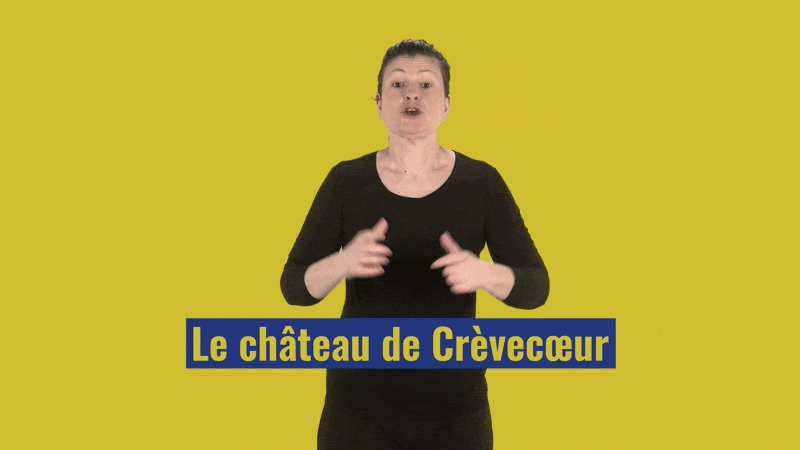
How a French Cultural Site Makes Museum Visits Accessible
The Fondation Musée Schlumberger, located at Château de Crèvecœur-en-Auge, is setting an example for heritage sites worldwide with their commitment to accessibility for all. For more than 15 years, Alix Alduc-Barbat has played a central role as collections manager and accessibility coordinator. In this interview, she gives us an inside look at one of her most memorable projects: creating a video guide in French sign language in collaboration with ITC Global. Read on to learn how this initiative helped the foundation take cultural inclusion to the next level thanks to







